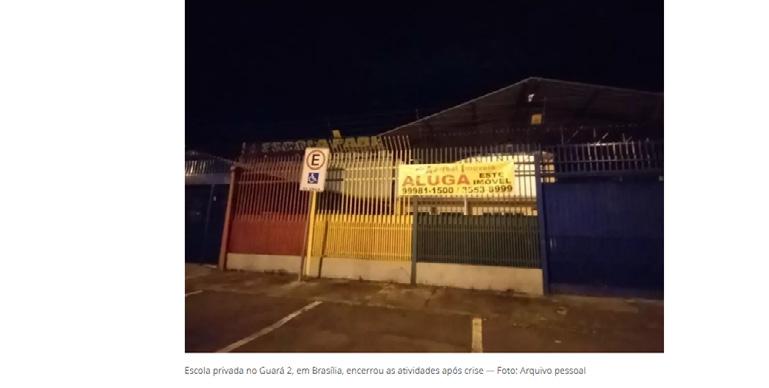
2 minute read
Early Childhood First
The construction of a house begins with its foundation, which should form a strong and stable base upon which everything is supported. For life as part of society, it may be said that this base lies in Early Childhood, the period stretching from birth to 6 years of age. The reason the Fundação Maria Cecilia Souto Vidigal exists is to ensure the full development of all girls and boys in Early Childhood so that they enjoy a healthy and enriching childhood, with their rights fully guaranteed.
Gradually, the Foundation embraced the cause of Early Childhood and, in 2007, applied all of its experience in this period of life, influenced by studies of different areas which prove that the first years are fundamental for the construction of the functions necessary for a child to learn and be happy and healthy. This development process takes place at a very fast rate and what the child passes through and the environment they experience in Early Childhood can either contribute to or prejudice the achievement of their full potential.
Having been in existence for more than 50 years, the Foundation’s history dates back to a laboratory which, in partnership with the School of Medicine at the University of São Paulo (USP), promoted the research, translation and distribution of knowledge in the field of hematology for almost 40 years, until 2001.
The launch of the UN’s 2030 Agenda inspired the Foundation to create a strategy aligned with the Sustainable Development Goals (SDGs) involving Early Childhood, especially target 4.2 of SDG 4 (Quality Education). In addition to this, article 227 of the Federal Constitution of 1988 has established that Brazil sees the guaranteeing of multiple rights for children, adolescents and young people as an absolute priority.
As such, the Foundation combined its efforts with different players so that, today, the country has established a body of legislation that is amongst the most advanced and aligned with the evidence drawn from the different understandings of Early Childhood: the Legal Framework on Early Childhood, a law resulting from the joint activities of different agents and entities.

As the years passed, different projects were developed in line with this legal framework and the SDGs. In 2022, as part of different partnerships, the Foundation called society’s attention to the need to take a closer look at the challenges related to the lives experienced by children and their families, including a reevaluation of the reduction of access to health care and social welfare services, the impoverishment of families with small children and the increase in food insecurity.
More than ever, the Foundation believes that, together (parents, carers, social and private public leaders, the press, researchers and the entire ecosystem involving the protection and promotion of children and their families), we are capable of ensuring that Early Childhood is prioritized as it should be. Not tomorrow, but now.
With this commitment at its heart, the Foundation is pursuing its search for new ways to increasingly value and appreciate small children and continue spreading the idea that planting the seeds for full development at this stage means reaping a lifetime of benefits.
The Foundation operates on two main work fronts: the strengthening of public policies on Early Childhood and the activation of society. Within these, there is a range of projects focused on the full development of babies and children in Early Childhood, in which our partners play a leading role.
There are three theme areas associated with the Foundation’s impact targets. Early childhood development evaluation, parenting, and early childhood education.










